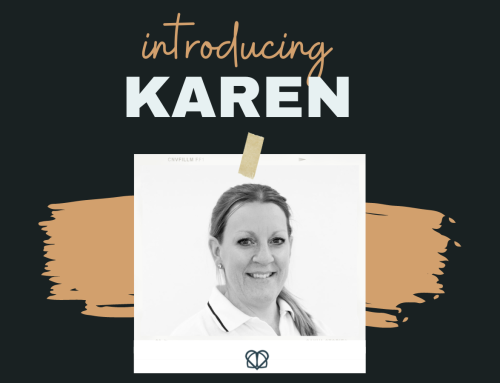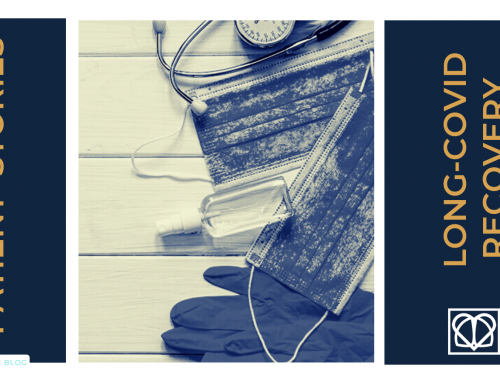In our last blog we talked about long covid, what it is and how recovery can take time and leave you feeling like you’re on a rollercoaster.
Who can help you if you’re struggling with your long covid recovery?
You don’t need to deal with this on your own – there are people who can help.
First of all, if you’re at all worried about your symptoms, or if they are getting worse, contact your GP. They will be able to rule anything more serious out and they may want to conduct a physical examination. Depending on what they see, they may refer you for some tests. These tests could include blood tests, or, depending on your symptoms, your GP may want you to see a specialist doctor for example a respiratory or a cardiac doctor. You may then be further investigated with tests such as an ECG, a chest Xray or lung function tests to name a few.
These tests will be able to look at whether there is an underlying cause for symptoms such as breathlessness. If the results of your tests are good, and your heart and lungs are healthy, it’s likely you will need help from a respiratory physiotherapist to improve your symptoms.
What is a breathing pattern disorder?
As respiratory physiotherapists, we’re finding that a lot of long covid patients have symptoms such as breathlessness and fatigue for many months after their initial exposure to the virus. We are finding that many patients have disruptions to their breathing pattern. This can be termed a breathing pattern disorder.
When you have a breathing pattern disorder the natural rhythm of your breathing is disrupted, which means you’re no longer breathing in a way that is optimal, nor energy efficient, for your body. This likely occurs as during the early stages of coronavirus, many people experience cough, breathless and/or fatigue, and these symptoms can cause a temporary change in way one breathes. Unfortunately in some patients these, sometimes subtle, changes in one’s breathing pattern persist, resulting in a more permanent change to your breathing pattern. For example, you may be mouth breathing a lot rather than nose breathing, or using the upper part of the chest rather than the diaphragm. This means that your breathing becomes a bit out of sync, too fast or the breaths you take become too large.
In the case of covid specifically, it’s common for people who have had a respiratory illness to feel short of breath as they recover but many patients are also feeling extremely fatigued. We think the breathlessness might be contributing to the fatigue – or indeed, vice versa, so it’s important to try and improve both.
Respiratory physiotherapy can get you back on track
It really can! As specialists in improving breathing patterns, we will assess your current condition and identify whether your pattern of breathing is contributing to your symptoms. We’ll also talk in detail about your fatigue levels and your current activity. We will then create a targeted and safe rehabilitation programme for you, based on your exact needs, to help facilitate your long covid recovery.
Assess your breathing pattern
How do you know if your breathing pattern is dysfunctional?
It’s time to analyse your breathing pattern! Here’s how:
- lie in a comfy position with a pillow under your head
- place one hand on your upper chest and one on your lower ribs
- watch and feel which of your hands move most as you lay and breathe normally (this will help you to understand which part of your lungs you use the most – the top or the bottom)
- ask a family member at home to watch your breathing too – did they pick up anything you missed?
To see this in action, watch this video…





